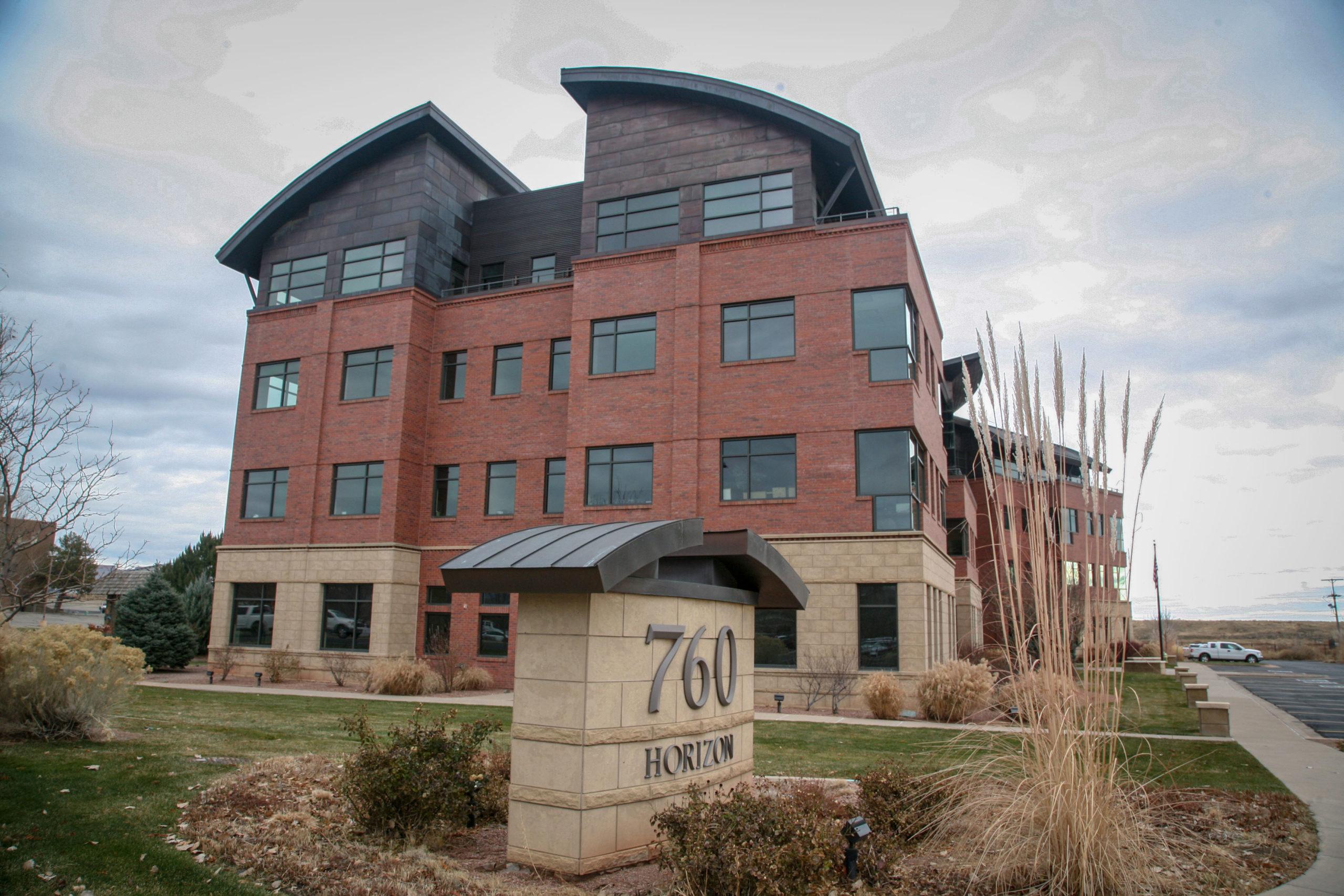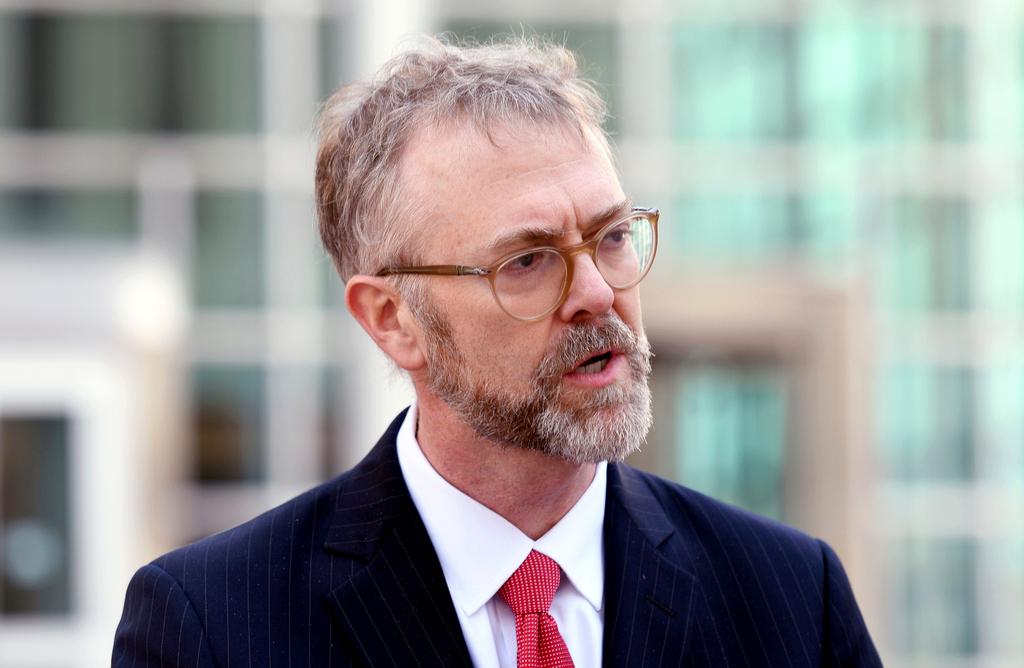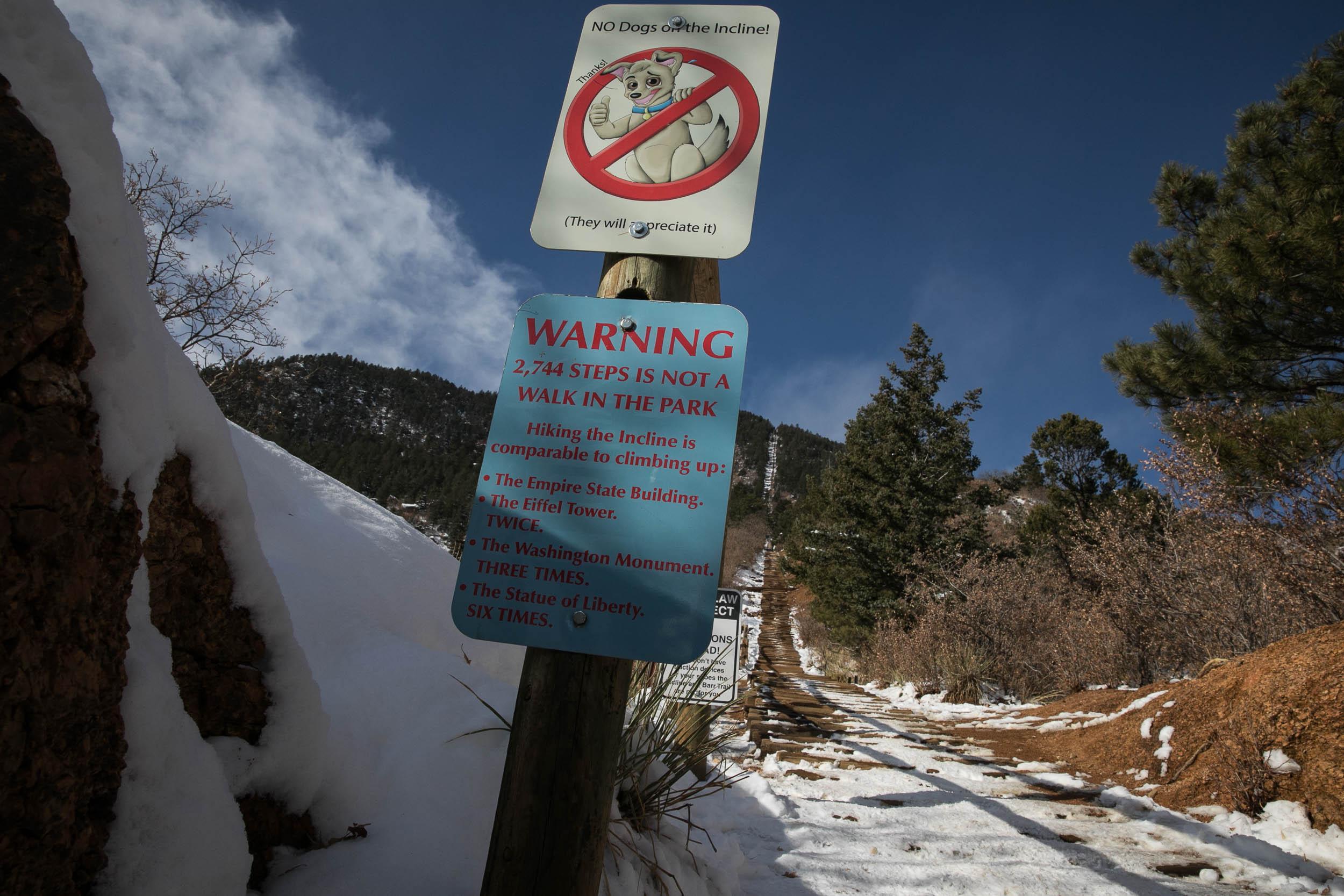
The Democratic chair of the House Natural Resources Committee announced Wednesday that congressional watchdogs will look into the decision to divide the BLM’s D.C. staff among several cities in the west.
Around two dozen of the top positions are coming to Grand Junction.
Democratic Rep. Raul Grijalva of Arizona said the U.S. Government Accountability Office will “determine if [the move] was properly planned, analyzed, and whether it will deliver the benefits” that the Department of the Interior and the Trump administration have claimed it will.
“If this administration is confident the move is defensible, GAO should have no problem confirming it,” Grijalva said.
The representative has been one of the most vocal critics of the BLM reorganization in Congress. He held a hearing on the move in September with the committee, which has oversight responsibilities of the BLM, and has been requesting documents to justify the move since it was announced in July. Three Colorado representatives sit on the committee: Republican Rep. Doug Lamborn and Democratic Reps. Diana DeGette and Joe Neguse.
“Our committee has seen no analysis, no planning, no budgeting besides the back of the envelope guesses and a promise that this administration knows best,” Grijalva said at a press conference at the U.S. Capitol Wednesday morning.
To back up his records requests, the committee will look to use its subpoena power starting as early as January to get the information it has asked for.
But Grijalva acknowledged that the GAO report and subpoenas could take time, and could all come too late to affect the move. He said that would be “regrettable.”
Grijalva was joined at his event by two former BLM leaders, Bob Abbey and Henri Bisson. They were both at the Capitol to lobby lawmakers against the move. They argued that sending D.C. staff to Grand Junction and other regional offices in the West is not really about putting decision-makers closer to the lands they manage, as supporters claim, but rather handing more decision making power to the political appointees who will remain in Washington, D.C. The result, the men say, will be the dismantling of the BLM.
Bisson said career staff were not involved in, consulted with or asked about the move. He said if they were, a plan could have been developed with buy-in from employees rather than “dictated by political officials.”
Instead, Bisson expects many will leave the BLM rather than move, and that means the agency will lose career staff with expertise and knowledge. Employees have until Dec. 12 to decide to move with their position out West, or try and find new jobs elsewhere.
Acting BLM Director William Perry Pendley disputes those claims. He said last week that he and other leaders consulted and spoke with employees about the move on a number of occasions. And he emphasized the agency is providing financial incentives for the move.
“I think we’re presenting employees with a marvelous opportunity to go to the West,” he said. “But we get it a lot of our employees can’t do that.”
Pendley stressed the agency is trying to find employees who decide to stay in the Washington metro area jobs elsewhere at the Interior Department or in other agencies where their knowledge and skills will be utilized.
Overall, Pendley said the department is confident that there is bipartisan support for the move ⸺ noting that it’s backed by Colorado’s Democratic Gov. Jared Polis and the bipartisan Colorado congressional delegation.







